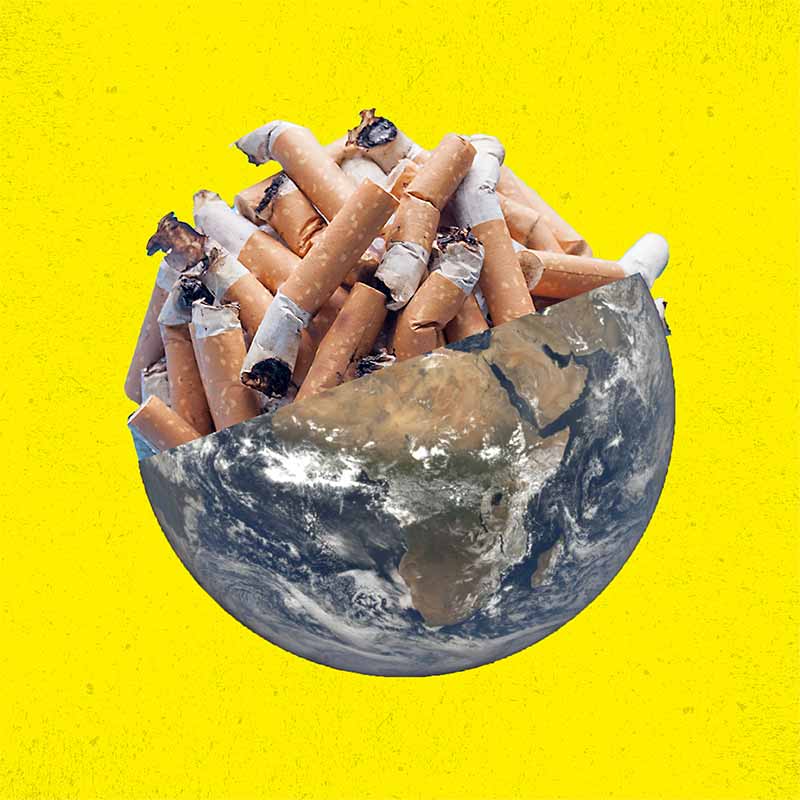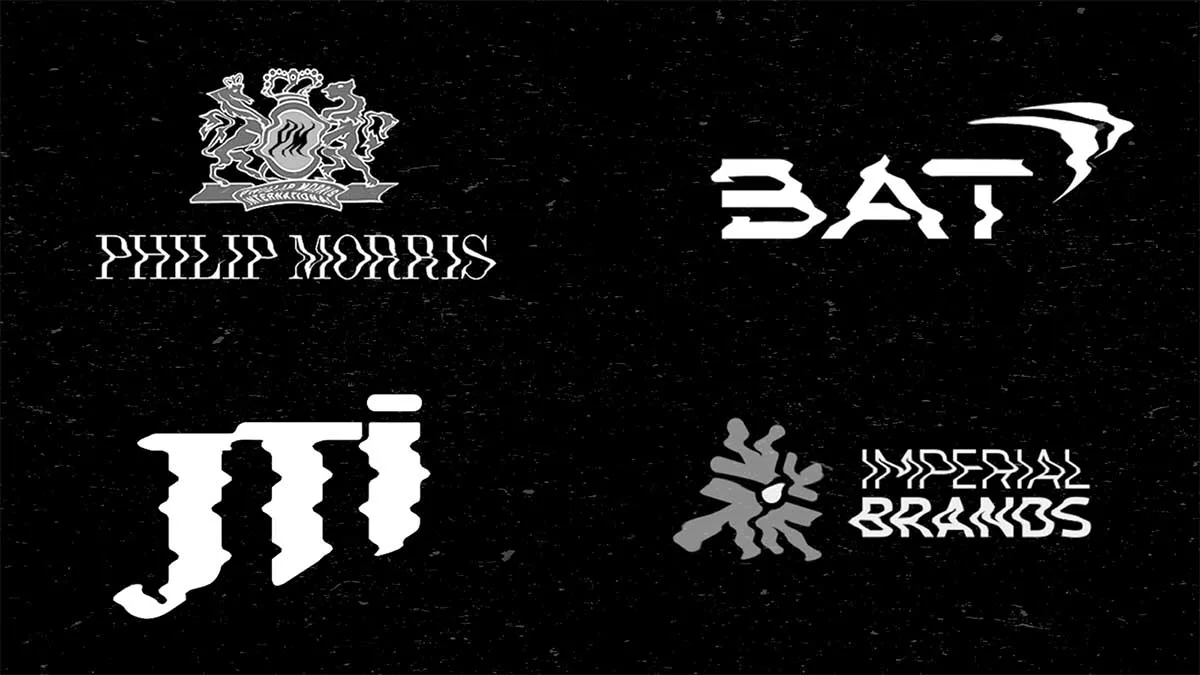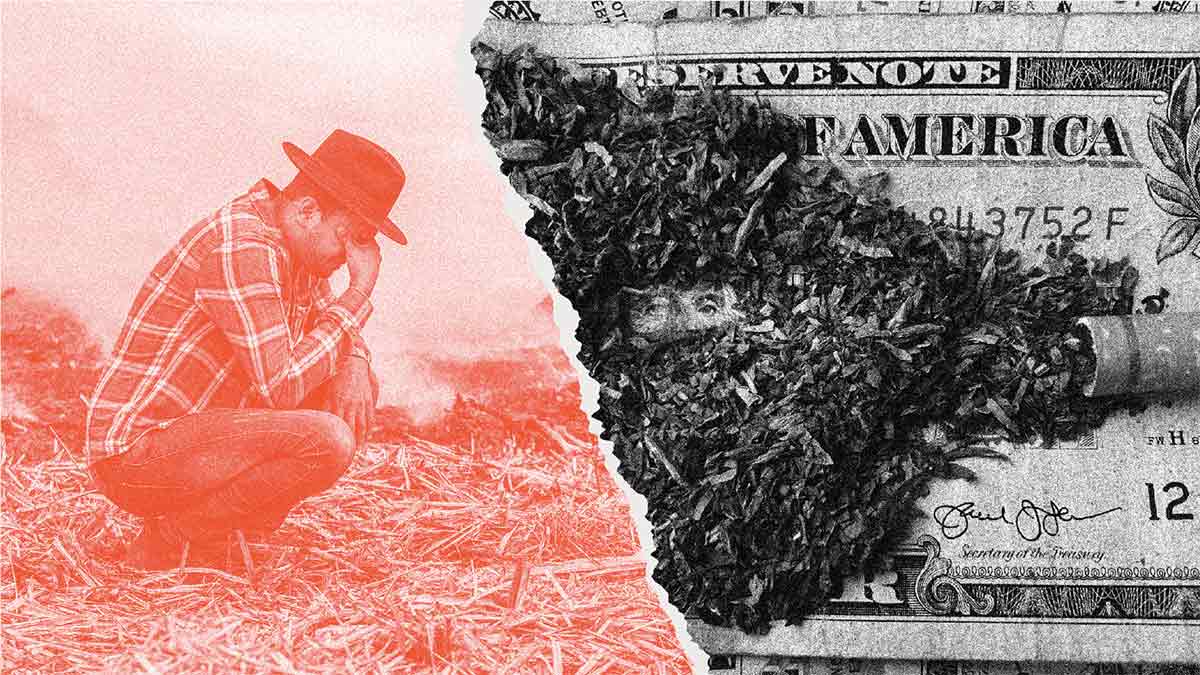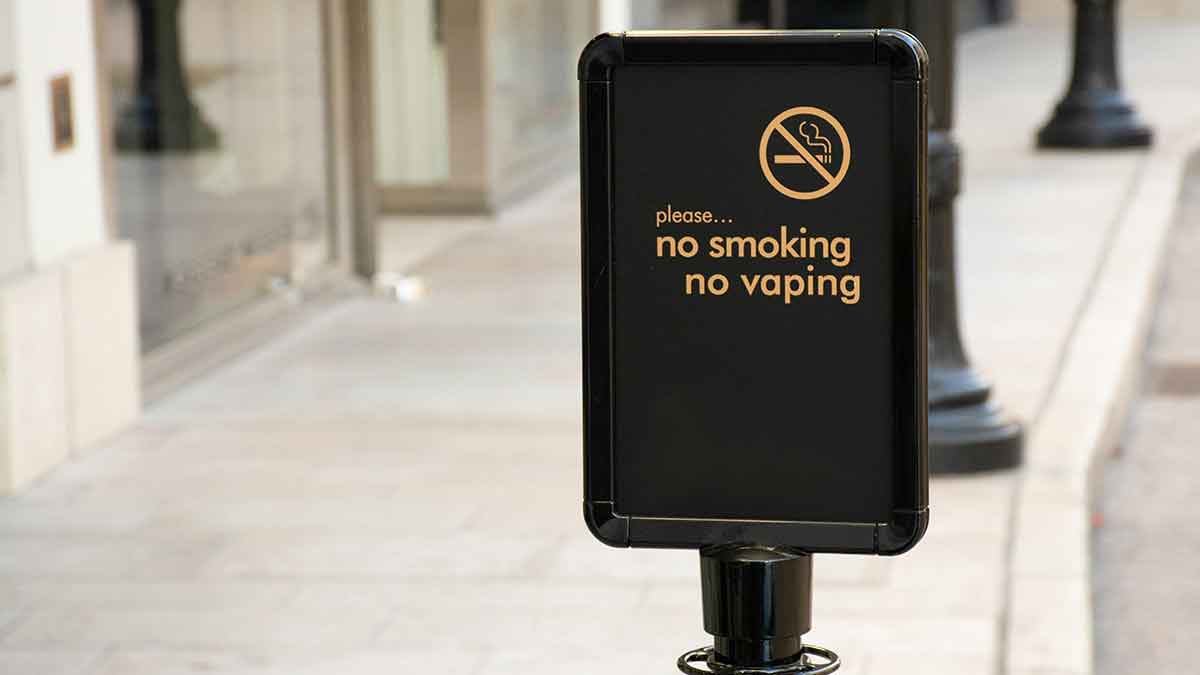- Resources
- News
-
-
Get Email Updates
Sign up for STOP's emails and never miss an update on our latest work and the tobacco industry's activity.
-
Get Funding
Ready to tackle industry interference? You could be eligible for a grant.
-
Share a Tip
Do you have information on tobacco industry misconduct in your country? Let us know.
-
Get Email Updates
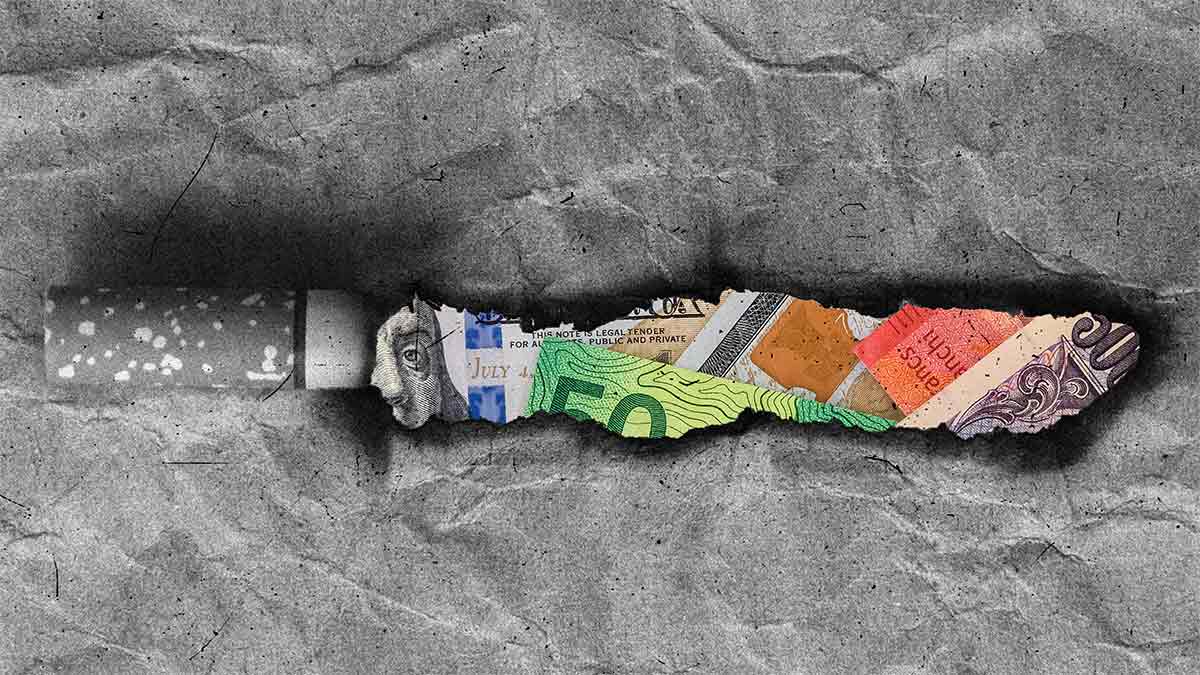
In 2022, we saw incredible progress in tobacco control around the world. Because of the work of tobacco control advocates, civil society and policymakers, more people will be protected from the tobacco industry’s harmful practices and products.
Despite this progress, plenty of work remains to be done in 2023 and beyond. The industry has been deemed the biggest barrier to reducing tobacco use, and its actions in 2022 prove it. Tobacco companies appear to want one thing: for people to keep buying their products, no matter how many new people they hook or how many people die along the way.
Here are the top 10 activities tobacco companies carried out in 2022 that showed their true priorities.
1. Tobacco companies paid nearly £7 billion in taxes in Russia, helping fund “Putin’s war machine.”
British American Tobacco (BAT), Japan Tobacco International (JTI) and Philip Morris International (PMI) hold a majority of the tobacco market in Russia and, despite BAT’s and PMI’s claims they would exit Russia following its invasion of Ukraine, all three continue to operate in the country.
2. BAT and PMI advertised flavored cigarettes near schools in Peru.
While the country bans outdoor tobacco advertising near schools to prevent the industry from hooking young people on its addictive products, BAT and PMI advertised their flavored cigarettes inside stores near schools. Ads for flavored cigarettes were found at children’s eye-level in the doorway of a shop in Lima and by the cash register near the candy display at another shop.
3. Industry allies supported the Philippines’ regressive “vape bill.”
Bolstered by intense industry ally lobbying, the Vaporised Nicotine Products Regulation Act became law. The Act lowers the age restriction on addictive heated tobacco products and e-cigarettes from 21 to 18, allows online marketing and sales, allows flavors and replaces the Food and Drug Administration as the products’ regulatory agency with the Department of Trade and Industry, known to be friendly to the tobacco industry.
4. Big Tobacco spent millions of dollars to oppose flavor and menthol bans that would reduce tobacco use in the U.S.
In California, Philip Morris USA spent US $8 million and R.J. Reynolds, owned by BAT, spent US $8.1 million to oppose a ban on flavored products. And across the country, Reynolds American paid allies and lobbyists to try to convince Black voters and government representatives to oppose proposed menthol bans.
5. BAT appeared to blatantly ignore a tobacco advertising, promotion and sponsorship ban during Mexico’s F1 Grand Prix.
The tobacco company, which sponsors the McLaren F1 team, ran prominent branding for Vuse, its e-cigarette, on the McLaren car during the race, exposing millions around the world, including F1’s young audience, to marketing of its addictive product.
6. Swiss Cigarette, an alliance of BAT, JTI and PMI, fought against advertising restrictions aimed at protecting youth in Switzerland.
Counter to their claims of wanting to prevent youth smoking, the trade group funded a campaign aimed at convincing Swiss voters to vote against an initiative to protect young people from tobacco advertising. Voters ultimately decided to approve the initiative.
7. PMI continued its audacious claims to want a “smoke-free” world, as it raked in billions in cigarette sales.
Despite its claims to want a “smoke-free” world, PMI raked in billions in cigarette sales. Around seventy percent of its 2021 net revenue of approximately US $31 billion came from the sales of the hundreds of billions of cigarettes that it continues to ship around the world.
8. BAT told shareholders it needs to keep selling cigarettes in order to make progress in “tobacco harm reduction.”
At its Annual General Meeting, BAT said selling cigarettes “remains a priority” so that it can fund the development of its newer tobacco and nicotine products. The company also said that selling cigarettes can help promote the company’s newer products via information included on cigarette packs.
9. Reynolds American, owned by BAT, donated political funds and bought tobacco from an American politician/farmer accused of abusing farm workers’ rights.
The tobacco company continued to support a North Carolina farmer and state senator, despite allegations that he refused to pay farm workers, provided unfit housing and blacklisted those who joined a union.
10. Tobacco companies claimed to care about sustainability and environmental protection, yet continued to make and sell trillions of cigarettes, contributing to the climate crisis.
Tobacco production causes deforestation and produces greenhouse gases, and cigarette butts, most of which contain toxic filters made of single-use plastic, were reported to be the top-littered item in international coastal clean-ups.
Despite its public narrative about positive transformation and wanting to reduce harm, the tobacco industry clearly still has one priority: its profits. That is why we must continue exposing the industry’s deceitful and harmful business practices. While amazing progress has been made, significant work remains.
Sign up for email updates from STOP to stay informed of the industry’s activities in 2023.
Note: In point #4, a previous version of this blog incorrectly referenced PMI instead of Philip Morris USA.




